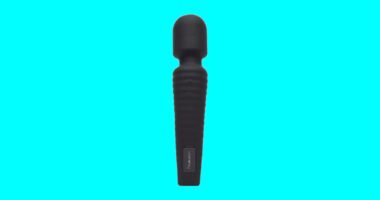

The DAS program echoes multiple dragnet surveillance programs dating back decades, including a Drug Enforcement Agency program launched in 1992 that forced phone companies to surrender records of virtually all calls going to and from over 100 other countries; the National Security Agency’s bulk metadata collection program, which the US Second Circuit Court of Appeals deemed illegal in 2014; and the Call Details Records (CDR) program, which suffered from “technical irregularities” leading the NSA to collect millions of calls it was “not authorized to receive.”
Unlike these past programs, which were subject to congressional oversight, DAS is not. A senior Wyden aide tells WIRED the program takes advantage of numerous “loopholes” in federal privacy law. The fact that it’s effectively run out of the White House, for example, means it is exempt from rules requiring assessments of its privacy impacts. The White House is also exempt from the Freedom of Information Act, reducing the public’s overall ability to shed light on the program.
Because AT&T’s call record collection occurs along a telecommunications “backbone,” protections enshrined under the Electronic Communications Privacy Act may not apply to the program.
Earlier this month, Wyden and other lawmakers in the House and Senate introduced comprehensive privacy legislation known as the Government Surveillance Reform Act. The bill contains numerous provisions that, if enacted, would patch most if not all of these loopholes, effectively rendering the DAS program, in its current form, explicitly illegal.
Read Wyden’s full letter to the US Department of Justice below:
The Honorable Merrick B. Garland
Attorney General
U.S. Department of Justice
950 Pennsylvania Avenue, NW
Washington, DC 20530-0001
Dear Attorney General Garland:
I write to request that you clear for public release additional information about the Hemisphere Project. This is a long-running dragnet surveillance program in which the White House pays AT&T to provide all federal, state, local, and Tribal law enforcement agencies the ability to request often-warrantless searches of trillions of domestic phone records.
In 2013, the New York Times revealed the existence of a surveillance program in which the White House Office of National Drug Control Policy (ONDCP) pays AT&T to mine its customers’ records for the benefit of federal, state, local, and Tribal law enforcement agencies. According to an ONDCP slide deck, AT&T has kept and queries as part of the Hemisphere Project call records going back to 1987, with 4 billion new records being added every day. That slide deck was apparently disclosed by a local law enforcement agency in response to a public information request and was published by the New York Times in 2013.








